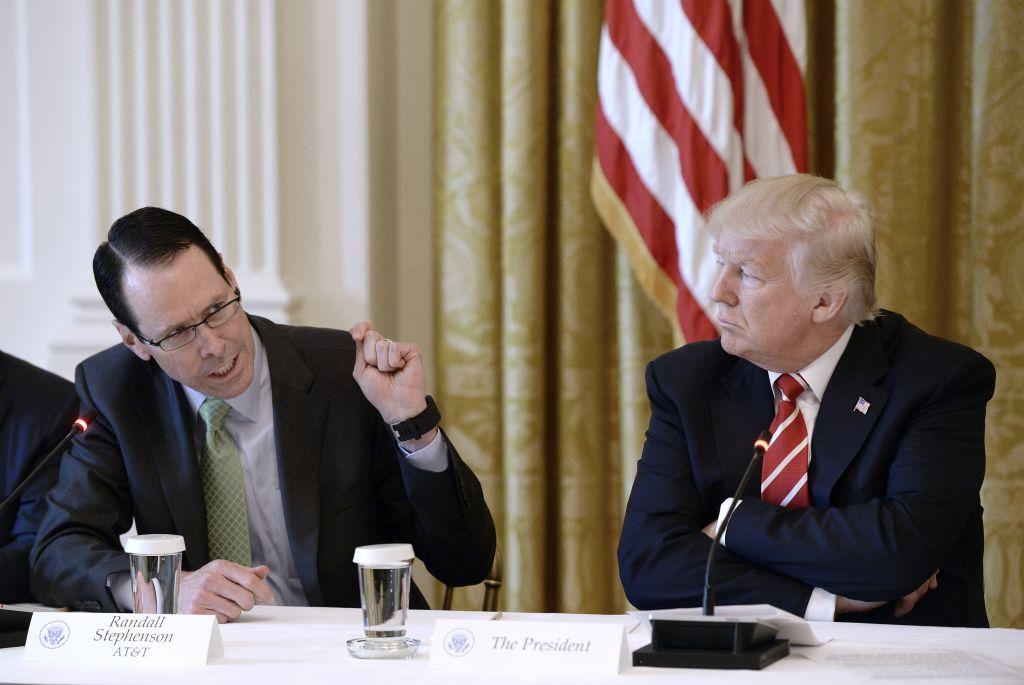Washington—The CEO of AT&T, Randall Stephenson has refuted claims that he was asked to sell CNN in order to get approval for a merger with Time Warner. A CNN sale may not be required for approval of the proposed mega-deal, but it still faces opposition.
According to media reports, the Justice Department (DOJ) had asked AT&T to sell CNN as a condition to approving the deal, with the news first published in Financial Times on Nov. 8. The report had sparked speculation that President Donald Trump might personally be trying to interfere with AT&T’s acquisition of CNN’s parent company Time Warner.





